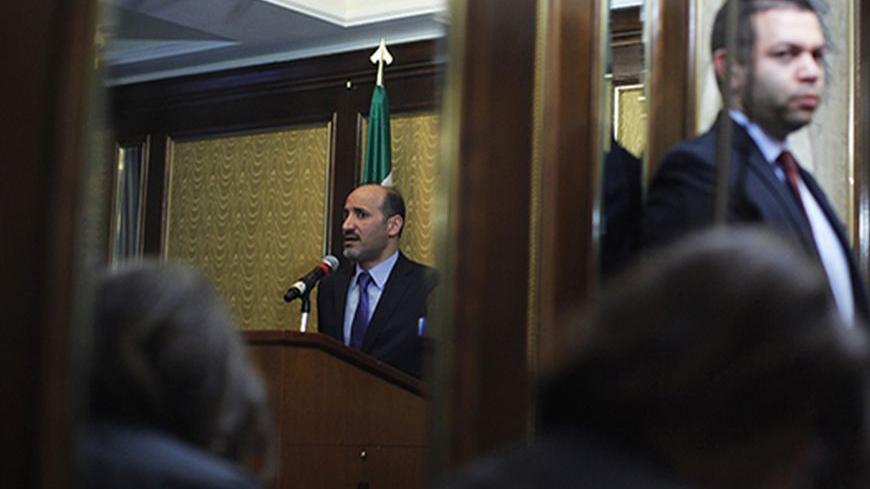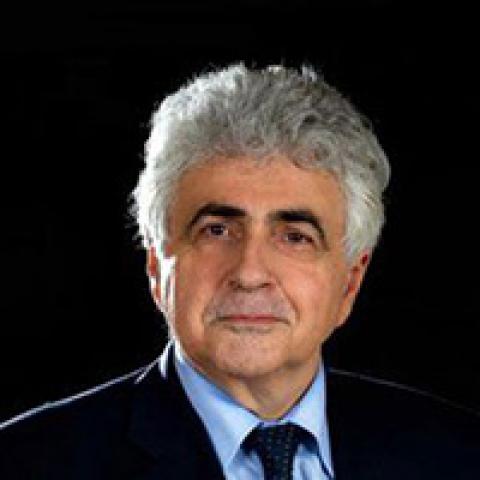Disarray, confusion and demoralization are the three words that best describe the state of the Syrian opposition forces in the aftermath of the avoidance of the US military strike and the peaceful settlement of the chemical weapons crisis. For certain people, that episode is reminiscent of how former Libyan President Moammar Gadhafi — though under different circumstances — was able to exchange the assurances of his survival via barter diplomacy, and thus get rid of his pariah status. He did so by signing the Chemical Weapons Convention and by adhering to the Organization for the Prohibition of Chemical Weapons.
For Syrian President Bashar al-Assad, it was considered a way to buy time, a very precious commodity. The settlement of the crisis, or the beginning of it, via UN Security Council Resolution 2118 led to a sort of demobilization of US escalatory diplomacy. Such diplomacy was strongly supported, not only by Syrian opposition factions but also by regional friends who invested in its great expectations.



